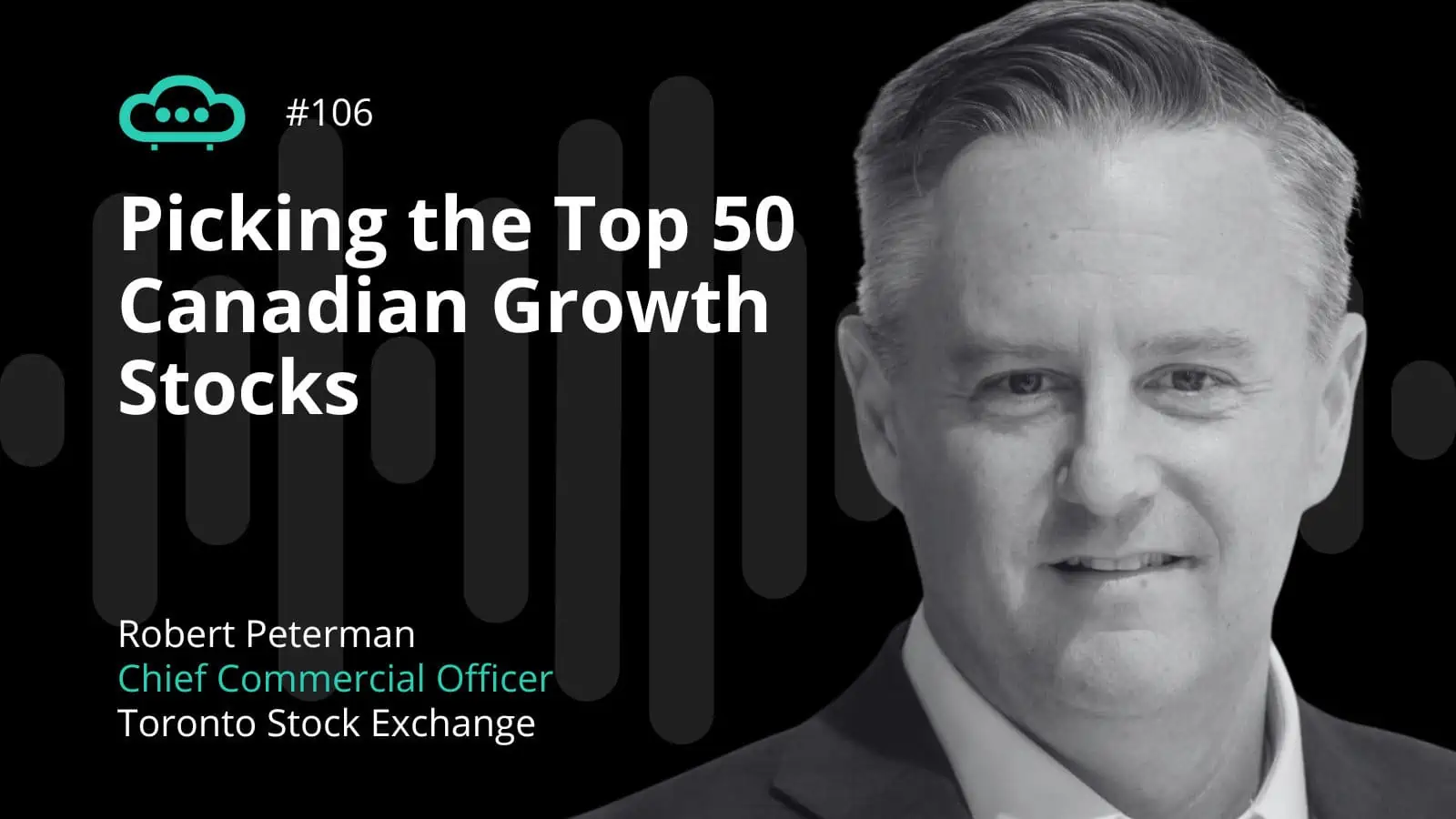Tyman [LON:TYMN] the FTSE-250 listed, London-based supplier of door and window components for the construction industry has been having a tough year as the property market suffers under rising interest rates and a cost-of-living crisis, and construction machinery is left idling on standby.
But investment is not a one-year thing – that’s trading – investors have longer horizons, and this medium-sized, fenestration product supplier might be a good investment now in five-years or ten-years times, as the demographic pressures and lack of housing stock augurs a new era of construction.
Housing is a political hot potato. Only earlier this week, Michael Gove, the current UK Levelling-Up Secretary admitted that the housing crisis in Britain was worse than the government had thought, with over 100,000 families living in temporary accommodation due to the lack of affordable housing.
- Thoma Bravo makes compelling offer for cybersecurity champion Darktrace
- This FTSE 250 stock offers great exposure to defence sector as conflicts continue
- Royal Mail should not be broken up, argues leading investor in stock
On the other side of the political divide the Labour Party, who believes it is government in waiting, has promised to build 1,500,000 new homes within its first five years in power, in part by redefining parts of the greenbelt as ‘grey’ and opening them up for development. The party also threw in the option of building a few new towns to boot.
Both sides are anxious that 75% of Britons blame the government for the housing crisis.
This augurs well for the construction sector in the next half-decade, and all houses need windows.
Tyman could be a beneficiary of this promised building boom. The company manufactures all the bits and bobs for windows and patio doors, including handles, hinges, locks and latches; sealants and weatherproof gaskets; track and roller systems for sliding doors and security hardware including deadbolts, security grilles and panic/crash bars.
- Company recommendations by Bridgewise. Check out AT Data+ for a deeper look.
Established in 1993 as mom-and-pop building firm, Dean & Bowes, it was acquired by private equity group, Lupus Associates in 1999 and was run as an investment vehicle that grew rapidly, mainly through acquisition. In 2013 the company moved away from the association of being a fund and changed name from Lupus Capital to Tyman, marketing itself as a building products company.
The company has embraced the zeitgeist of the age, emphasizing its sustainability credentials and impact that its products have on energy efficiency in the construction process and integrating recycled materials as much as possible in its manufacturing processes. It was named one of the Top 100 Corporate Citizens in the UK by Business in the Community earlier this year.
Stability follows a rocky start
Tyman had a rocky start to the year. The concerns were whispering in the wind in 2022, as the company saw its margins being squeezed and a significant drop in demand. Tracking the fall in new housing sales in the UK and its biggest market, the US (where it derives two-thirds of revenue from) it started the year with gloomy forecasts, but when the final results from 2022 dropped in March this year, they made better reading than expected, with year-on-year revenue up 13% to GBP715.5m, (like-for-like y-o-y up 5%). However, operating profit was down 3% to GBP70.7m, ROCE down 120bps and basic EPS down 3% to 24.6p.
Although better than it could have been, the company warned that things looked worse rather than better in the short- to medium-term and it had implemented cost cutting measures, including changing shift patterns, cutting casual labour, winding down inventory and closing three factories in Germany and the UK. The board saw something that concerned them enough to lay the proverbial revolver on the table in front of CEO Jo Hallas and slowly back out of the room and close the door. She left the building at the beginning of April and was temporarily replaced by the CFO, Jason Ashton until the hire of Dutchman, Rutger Helbing from Devro [LON:DVO] at the beginning of this week (27th November).
Tyman share price rally
Ashton, however, hasn’t done a bad job since Hallas stepped down, steadying the ship. The share price had a bit of a rally, hitting 318p in July, although it subsequently fell back, and Tyman is now (28th November) trading at 269.5p. The company has given a year-to-date return of 13.5% and a one-year return of 20.6% with shares ranging between 214.5p and 324p over a 52-week period. The company has a market capitalisation of GBP538.7m.The turnaround from what the company was describing as a “challenging demand environment” this time last year has been quite striking. In its latest trading statement, published earlier this month, Tyman said that the company was still on track to hit guidance on operating profit of between GBP82.8m and GBP83.6m despite revenue falling 9% to GBP557m y-o-y for the first ten months of the year.
The company said this fallback was down to continued weakness in volumes but it had managed to recoup its margins over the year, with North America leading the way, helped by the acquisition of Lawrence Industries in July.
America First
The US’ housing market is showing better-than-expected (though still quite weak historic) growth at 26% a year, which is helping the company. The prospects for recovery in the housing market should put some nitro in Tyman’s fuel tank in 2024.
Over the short term, it is likely that Tyman will continue to struggle. It operates in a very cost-conscious sector and the supply chain issues it has been experiencing since the end of the Coronavirus pandemic have eaten into its margins, and with even a small price rise (when multiplied to scale up a whole development) can encourage would-be customers to look elsewhere. An issue it has been grappling with throughout 2022 and 2023.
Also, with the cost-of-living situation and falling property prices, customers are prioritizing spending, looking to cover just essential maintenance (often on a ‘need-to’ basis) as opposed to investing in cosmetic renovations. However, Tyman has a broad geographic footprint and is embedded in the US, where the size and depth of the market has remained robust and has potential to grow.
Elsewhere governments are spending (or promising to) out of recession. In the UK, housing is at top of the list and large government, or parastatal contracts along with relaxation in regulation about where to build and what to build will help the industry recover.
It would be worth buying some Tyman shares and tucking them away to earn income and benefit from the bounceback after the rainy days have passed.












